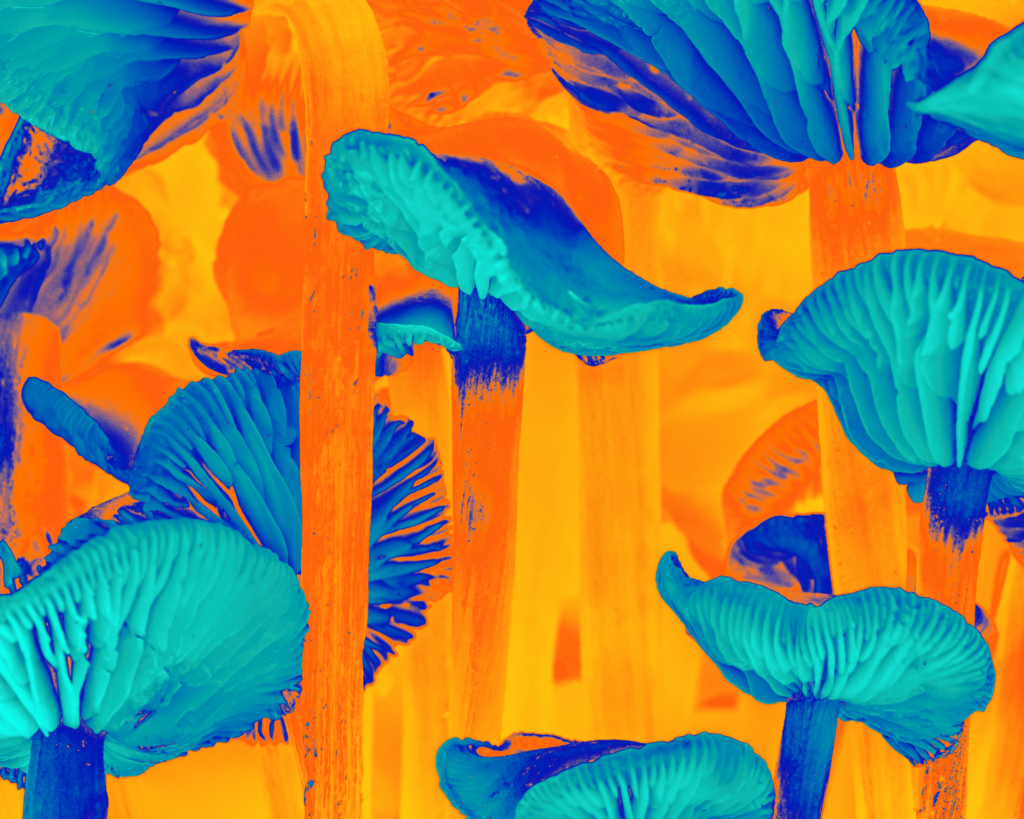Depressed in the US
The aftermath of the pandemic will require the development of long-term strategies that address mental health broadly.

Read Time: 2 minutes
Published:
Covid-19 complicated an already complex year of civil rights protests and an unprecedented presidential election. Fifteen percent of adults in the US reported layoffs related to Covid-19 by September 2020. Safeguards adopted to prevent the spread of the virus forced individuals to avoid important social events like weddings and funerals. At least two in every five people knew someone who was hospitalized for or killed by Covid-19. Sudden and prolonged changes like those caused by the pandemic physically stress the body’s ability to self-regulate. High levels of stress hormones contribute to depression.
Catherine Ettman and colleagues wanted to know the impact of the pandemic on depression symptoms. They evaluated data collected by the AmeriSpeaks project surveying US adults in the first two weeks of April 2020 to get a snapshot of the percentage of the population with depressive symptoms. They compared their results to a similar, large-scale study from 2018 called the National Health and Nutrition Examination Survey.
Depression symptoms across the US tripled from 9% in 2018 to 28% during the pandemic. The graphic above shows that the proportion of Americans with depression symptoms increased during the pandemic; eight times as many people reported severe symptoms.
Ettman and her colleagues anticipate that the pandemic will have large scale, long-lasting impacts on the mental health of the population. They speculate that mental health studies later in the pandemic will reveal similar increases in clinical diagnoses of depression. The aftermath of the pandemic will require the development of long-term strategies that address mental health broadly and our national grief about the hundreds of thousands of American deaths.
Databyte via Ettman CK, Abdalla SM, Cohen GH, Sampson L, Vivier PM, Galea S. Prevalence of Depression Symptoms in US Adults Before and During the COVID-19 Pandemic. JAMA Netw Open. 2020;3(9):e2019686.



